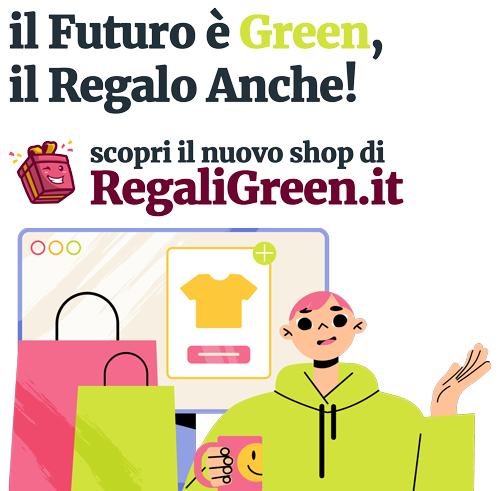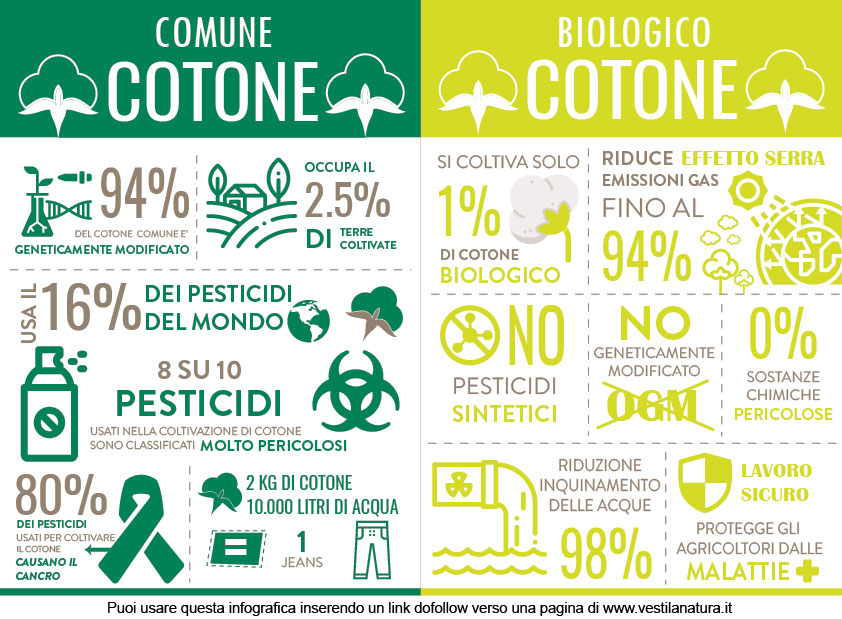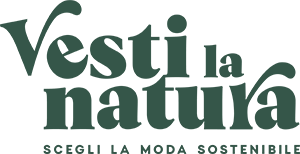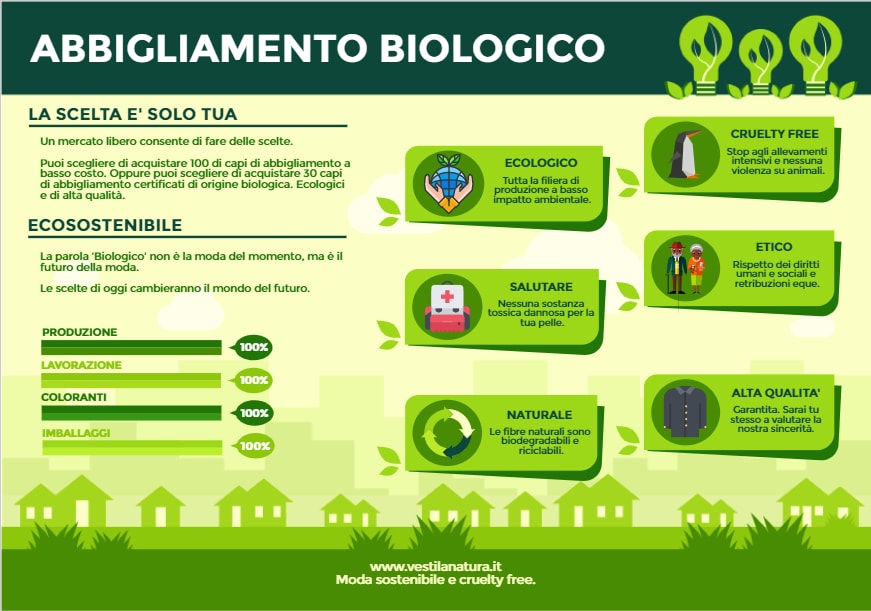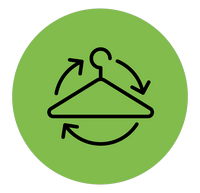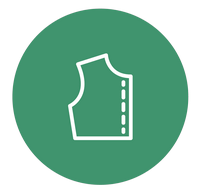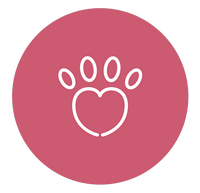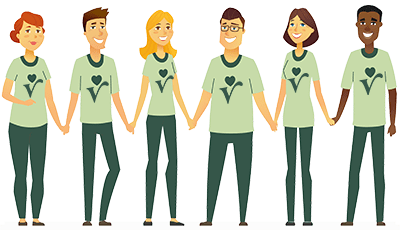What is the Global Organic Textile Standard - GOTS?
Global Organic Textile Standard - GOTS it is the most widely used and relevant certification of biological origin in the textile sector. The certification GOTS it is mainly used for clothing products, but it is possible to certify any textile product such as sheets, pillows, mattresses, towels, tablecloths, etc.
Independent certification GOTS it is voluntary and is promoted by international organizations such as Organic Trade Association, IVN, Japanese Organic Cotton Association, Soil Association and other organizations dealing with environmental and social protection.
Get the GOTS certification it is a rather complex practice for companies that request it, since unlike other certifications of organic origin such as Organic Content Standard (OCS), the standards required by the Global Organic Textile Standard they are much stricter.
This is one of the reasons why we consider this certification the most important and complete one currently present in the textile sector.
We strongly believe in organic, that's why we immediately show you an infographic comparing traditional and cotton organic cotton certified GOTS
This infographic shows the huge differences between organic and traditional agriculture, that's why we would like to be able to convey the importance oforganic clothing, which currently covers a large part of the sustainable fashion contemporary and that will conquer more and more space in the future.
In fact, we believe that "organic" and "recycling of resources" are the cornerstones on which to base the fashion of the future.
GOTS certification: ethics and environment
Certification Global Organic Textile Standard - GOTS it is among the few that can guarantee ecological production and at the same time socially ethics. Certification BlueSign does something similar, but does not include the organic farming model in its standards.
Being GOTS a voluntary certification, the companies that apply for it must comply with strict rules environmental and social standards imposed by the certification standards and guaranteed by the control bodies in charge, starting from the standards of organic agriculture which are the same used in the agricultural food sector.
All production activities and processes, which may have repercussions on the environment and on workers, in addition to having to comply with the laws in force in the area, must also comply with the rules of social management and environmental management imposed by GOTS certification.
For example, GOTS provides companies with a list of chemicals that are less harmful to the environment than those commonly used. The list excludes over 1000 toxic substances used in the textile industry to produce garments and accessories.
Certification Global Organic Textile Standard does not limit its action in guaranteeing the biological origin of the textile fiber, but rather evaluates every single aspect of production: from the cultivation of the raw material to the marketing of the finished product, dictating rules in each production step, making the entire textile supply chain more ethical, sustainable, and transparent.
The social impact of textile production is one of the key points, and of distinction from other certifications, on which the GOTS certification is based.
GOTS guarantees in fact ethical working conditions for employees of the textile supply chain, who enjoy the same rights dictated by the United Nations Organization (UN):
- Fair wages
- Standard working hours
- Employment contracts
- Health care
- Gender equality
With particular attention to the child labor, forced labor, and various forms of discrimination (gender, race, etc).
Although they seem to be "basic" elements, almost taken for granted for us Westerners, it is good to know that textile production takes place mostly in developing countries (see India, Bangladesh, China, Indonesia, Africa, etc), places where the laws in force do not protect workers as in the West.
GOTS organic clothing (video)
Organic clothing is undoubtedly a fundamental piece of contemporary sustainable fashion, and the Global Organic Textile Standard is the most authoritative certification standard currently available.
A showcase where you can find Sustainable, ethical and cruelty free fashion brands guaranteed by the supervision of our association:

GOTS Certification Standard
We assume that only a few natural fabrics can obtain certification Global Organic Textile Standard: cotton, wool, linen, silk are the most popular GOTS certified raw materials, but other natural fibers could also obtain this certification, as long as they comply with the minimum requirements of organic farming (vegetable fibers) or organic farming (animal fibers).
The two most used biological materials are undoubtedly organic cotton and organic wool.
A fabric can obtain GOTS certification if its composition has at least the 95% organic fibers:
- The remaining 5% of the fibers can be composed of other non-organic natural fibers: standard cotton, wool, hemp, jute, linen, etc.
- Or, 5% of the fibers can be composed of artificial fibers of natural origin: viscose, lyocell, modal, bamboo, etc.
- Or, 5% of the fibers can be composed of other fibers obtained thanks to the recycling of resources.
Le synthetic fibers are not allowed, unless they are derived from the recycling of resources / materials, or considered "ecological" thanks to the presence of other textile certifications, Such as BlueSign, Oeko − Tex, Fairtrade.
It is however possible to find on the market GOTS certified organic clothing with labels bearing the following words: "Made with 70% organic fibers". To use this label, the product in question must be composed of at least 70% organic fibers of biological origin:
- The remaining 30% of the fibers can be composed of other natural non-organic fibers.
- Or, 30% of the fibers can be made up of man-made fibers of natural origin.
- Or, 30% of the fibers can be composed of regenerated fibers, recycled synthetic fibers, or other synthetic fibers recognized as "not very harmful to the environment".
In percentage less than 10% it may also contain elastane, lycra, polyester and polyamide.
GOTS guarantees ecological packaging and accessories
All products with label GOTS they can only be marketed if they have sustainable packaging made from recycled materials, the same goes for the labels, buttons, zippers, and other accessories used to make the garment.
Finally, we can affirm that the entire textile supply chain is kept under strict control, and consequently that the certification Global Organic Textile Standard contributes significantly to the reduction ofenvironmental pollution caused by the textile industry.
GOTS for Companies
Are you a producer? You want to get certified Global Organic Textile Standard and apply the GOTS logo on your products? Then you must contact the certifying body for the Italian market: ICEA - Institute for Ethical and Environmental Certification
We recommend that you sign up for our newsletter right away clicking here
1 - Get instant access to the closed group on Facebook.
2 - Create a post about the group with your specific request.
You will find many professionals in the sector willing to help you!


